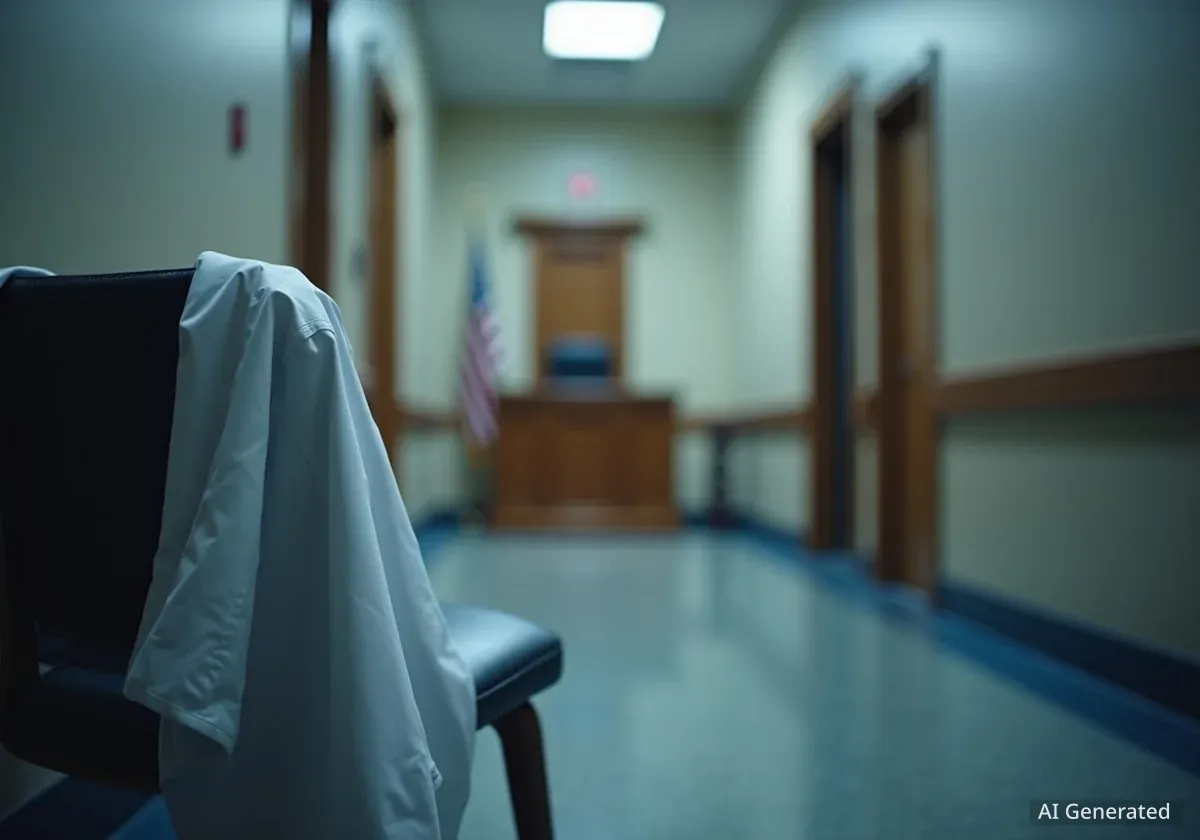The Nelson Pub on Schwarztorstrasse in Bern has received a significant fine following a series of hygiene violations discovered by cantonal food inspectors. The establishment's management has been ordered to pay a fine of 1,175 Swiss francs, along with 300 francs in procedural fees, after inspectors found unsanitary conditions and breaches of food safety regulations during multiple visits in summer 2025.
Key Takeaways
- Nelson Pub fined 1,175 CHF for hygiene breaches.
- Inspectors found pests, dirty equipment, and expired food.
- Self-control documentation was insufficient and not presented.
- Multiple follow-up inspections showed persistent issues.
Initial Inspection Uncovers Disturbing Conditions
In early June 2025, officials from the cantonal food inspection authority visited the Nelson Pub in Bern's Monbijou district. Their findings, detailed in the penal order, revealed a concerning state of affairs. Inspectors discovered pests in a beverage refrigerator. Other refrigeration units contained several opened food packages that lacked adequate protection.
The kitchen, buffet area, storage rooms, and cellar all showed signs of significant uncleanliness. Furthermore, the storage area was found in disarray, with food items, utensils, waste, and clothing stored haphazardly together. This mixing of items poses a direct risk of contamination, which is a critical food safety concern.
Key Finding
During the initial inspection, live pests were found in a beverage refrigerator, indicating a severe breach of hygiene standards.
Expired Goods and Labeling Deficiencies
Beyond the general lack of cleanliness, inspectors also identified issues with food storage and labeling. Several stored food items had exceeded their best-before dates. Specifically, frozen baguettes were not stored at the manufacturer's recommended temperature of at least minus 18 degrees Celsius, jeopardizing their quality and safety.
The pub also failed to meet labeling requirements for various food products. Information on allergens for unpackaged foods sold over the counter was either incorrect or missing entirely. For an opened salsa sauce and repackaged frozen items, the opening date was not recorded, making it impossible to track the freshness and shelf life of these perishable goods. These omissions directly contravene food safety regulations designed to protect consumers.
"The hygienic handling of food and utensils was deficient," the penal order stated, summarizing the widespread issues found at the establishment.
Documentation and Self-Control Failures
A crucial aspect of food safety for any establishment is a robust self-control documentation concept. This system ensures that businesses monitor their own hygiene and storage practices. However, the Nelson Pub was unable to present its fundamental self-control documentation concept to the inspectors. Moreover, the existing implementation of such controls was deemed inadequate.
Records for cleaning and storage checks did not reflect the actual situation found on-site. This discrepancy highlighted a systemic failure in maintaining basic food safety protocols, indicating that internal checks were either not performed or not accurately documented. Such documentation is vital for preventing hygiene issues and ensuring consistent compliance.
Regulatory Context
The cantonal food inspection authority is responsible for monitoring food and drinking water establishments. For minor violations, they issue warnings and order improvements. If a business fails to comply, a complaint is filed with the public prosecutor's office, leading to potential fines and legal action.
Persistent Issues Despite Multiple Follow-Ups
Following the initial inspection, food control officials mandated a thorough cleaning of the pub. However, a week later, a follow-up inspection revealed that the situation had not substantially improved. Many facilities and pieces of equipment remained dirty, prompting a second order for a deep cleaning.
A third inspection, conducted yet another week later, confirmed that hygiene regulations were still not being met. The refrigerator where pests had been found two weeks prior remained dirty. Other critical areas, including the door to the freezer cell, the dishwashing machine, the handwashing station, and the disinfectant dispenser, were also far from clean. This pattern of non-compliance ultimately led to the legal proceedings and the subsequent fine.
- First Inspection: Pests, dirty equipment, expired food, poor storage.
- First Follow-Up: No significant improvement, general uncleanliness persisted.
- Second Follow-Up: Persistent dirt in critical areas, including the previously infested refrigerator.
Management Acknowledges Shortcomings
The managing director and owner of the Nelson Pub has been found guilty of violating the Food Act through a legally binding penal order. He confirmed that a food inspection took place in summer 2025 and that cleanliness deficiencies were identified. However, he stated that these issues were primarily in an area of the establishment that is rarely used, and no hygiene deficiencies were found in the main bar area.
The director acknowledged that the shortcomings were discussed with the responsible inspector and that the matter was closed with a fine. He pledged to ensure that the criticized area of the premises will be kept clean in accordance with regulations in the future. This commitment comes after a series of inspections and a legal penalty underscoring the importance of strict adherence to food safety standards.
Inspection Statistics
Last year, the food inspection authority checked 6,937 food and drinking water establishments, including nearly 3,946 catering businesses. In 198 cases, official complaints were filed with the public prosecutor's office.




